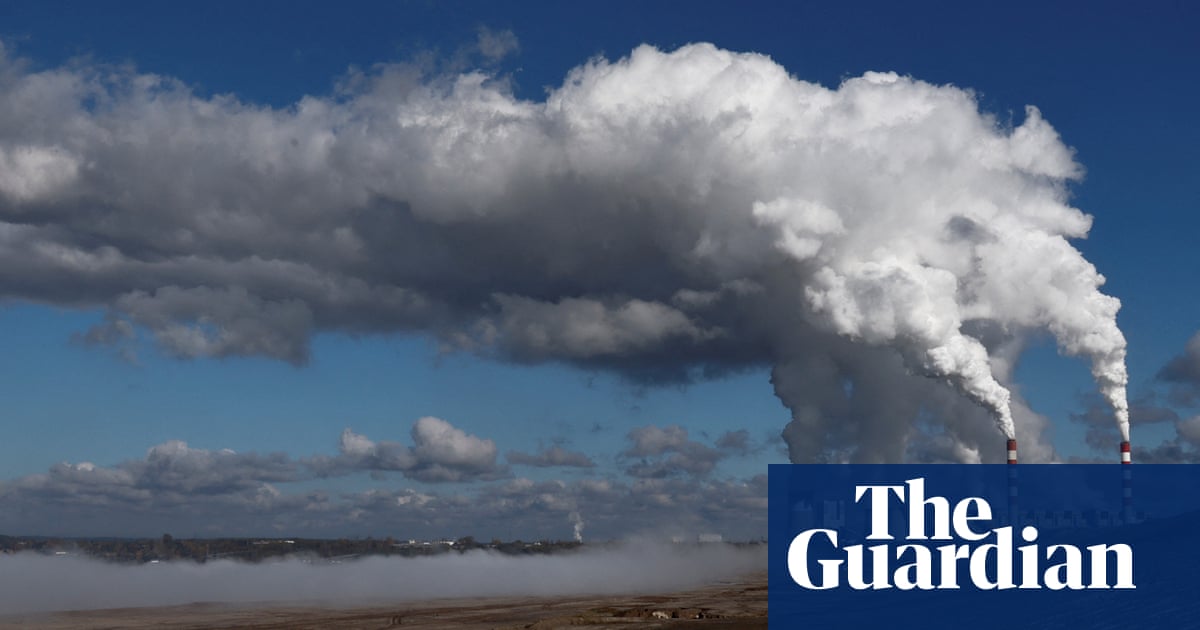B
betstarship
Guest
Some interesting charts:
You can install our site as a web app on your iOS device by utilizing the Add to Home Screen feature in Safari. Please see this thread for more details on this.
Note: This feature may not be available in some browsers.


Actually molecules of carbon dioxide CO2 stay in the atmosphere 1 century and molecules of methane CH4 stay in the atmosphere 10 years. So I can confirm that also if we got net 0 emissions Global Warming would continue on the Earth.
Climate tipping points could be triggered by 'committed warming'
As the planet warms, climate tipping points, such as the melting of ice sheets or loss of the Amazon rainforest, become increasingly likely.phys.org
A new study by Jesse F. Abrams and colleagues published in Earth's Future examines committed global warming, or warming that continues after greenhouse gas emissions are held constant until a new thermal balance is achieved. It's a bit like how turning a running faucet from hot to cold doesn't immediately change the temperature of the water, because there is still hot water in the pipeline. The authors present three scenarios for how the global mean temperature could rise and trigger tipping point events. One represents an increased use of fossil fuels, another represents rapidly reaching net zero emissions, and a third closely matches the current trajectory.
In the scenario that best matches the current trajectory, the findings also estimate that six tipping points will be crossed by 2100. Without a net zero plan in place, the results demonstrate that temperatures may climb by about 2.7°C by 2100. The authors suggest a swift adoption of net zero policies and emission cuts to avoid these catastrophic scenarios, which would wreak havoc on Earth's residents and ecosystems.
Actually molecules of carbon dioxide CO2 stay in the atmosphere 1 century and molecules of methane CH4 stay in the atmosphere 10 years. So I can confirm that also if we got net 0 emissions Global Warming would continue on the Earth.
Actually this is Carbon Sequestration. Yes Carbon Sequestration would be welcome.What we need is a way to grab CO2 from the air to make diamonds and graphites!
Actually this is Carbon Sequestration. Yes Carbon Sequestration would be welcome.
A Carbon Sequestration technique uses a substance called BIOCHAR.Actually this is Carbon Sequestration. Yes Carbon Sequestration would be welcome.
These will all leak the CO2 back into the atmosphere.Except the current plan is to pump it as gas into the ground so it can leak out again.
It really needs to be collected into gas cylinders to get credit. Fast food places should go into carbon recapture for their soda machines. Same with dry ice producers.
LOL
While Biochar is a Chemical Carbon Sequestration there is also a Not Chemical Way to get Carbon Sequestration.A Carbon Sequestration technique uses a substance called BIOCHAR.
Biochar is biologically unavailable, sequestering fixed carbon in the soil for centuries to millennia, providing a tool to absorb net carbon from the atmosphere.
Biochar also lowers the need for fertilizer and slows down water runoff.
The more of us will get a negative Carbon Footprint the sooner we will manage to achieve NET ZERO emissions.While Biochar is a Chemical Carbon Sequestration there is also a Not Chemical Way to get Carbon Sequestration.
The Carbon Footprint is a number saying what is your Carbon contribution. When your Carbon Footprint is negative it means that thanks to your use of Electric Cars, Renewables and Energy Savings you are Sequestering Carbon from the atmosphere.
In fact not only you have no Carbon Emissions because you have an Electric Car, not only you have less Carbon Emissions because of your Energy Savings, but you are also giving Energy to the net which will be used by somebody else.
So let's calculate our Carbon Footprint and let's try to get it negative.
The more of us will get a negative Carbon Footprint the sooner we will manage to achieve NET ZERO emissions.

The Infrared Earth Observation view confirmed that September 2023 was the warmest September in the 174-year NOAA record.
The Infrared Earth Observation view confirmed that September 2023 was the warmest September in the 174-year NOAA record.
Also October 2023 warmest October on record as it is confirmed by the Infrared Earth Observation view.
2023 on track to become the warmest year after record October.
This article points out that after 5 consecutivi record months 2023 is going to become record warmest year too.

I have been making this at home and then using the biochar to enhance our lawn and gardens. The jury is still out as to whether it is helping.A Carbon Sequestration technique uses a substance called BIOCHAR.
Biochar is biologically unavailable, sequestering fixed carbon in the soil for centuries to millennia, providing a tool to absorb net carbon from the atmosphere.
Biochar also lowers the need for fertilizer and slows down water runoff.


